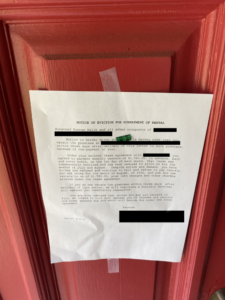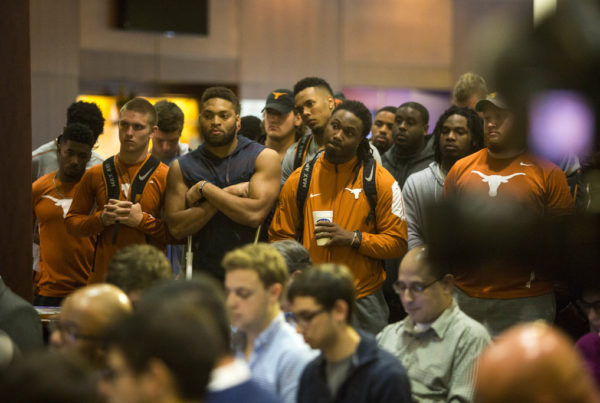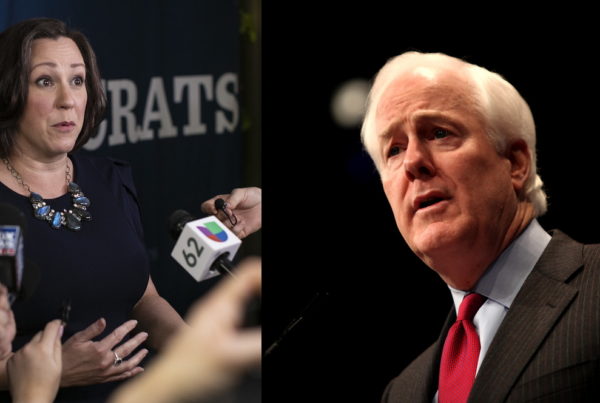From Houston Public Media:
Kamran Malik lost his job at an accounting firm in June during a round of COVID-19 layoffs. He supports his parents, who live with him. He was still waiting for his first unemployment check, so he explained the situation to his landlord.
Initially, she worked with him — lowering his rent for two months — but when Malik said he was out of savings and needed to use his security deposit to pay rent, his landlord promptly posted a notice to vacate on his door on Aug. 2.
“She’s like, ‘I don’t care, it’s your responsibility. I don’t care, your financial crisis that you have,’” Malik said. “And she’s been threatening me that she is an attorney and this is all very easy for her.”
Malik’s eviction hearing is set for two weeks from now. But if Malik lived in Austin or Dallas, Los Angeles or Chicago, his landlord wouldn’t be able to evict him — those cities have enacted emergency grace periods. And New York City renters are still protected under a state moratorium.
But in Houston, Mayor Sylvester Turner won’t put forward a grace period to give renters more time to pay their rent, even as members of the city council, and the city and county’s own joint task force have pushed to put one in place.
And that means Houston — where renters make up half the population — is the largest city in America where renters don’t have additional legal protections currently in place during the pandemic. (Harris County currently has more than 36,000 active coronavirus cases.)
Since the state Supreme Court has not renewed the moratorium that ended in May, and Congress has not renewed federal CARES Act protections that expired on July 25, Houston housing advocates say they’re expecting an eviction “doomsday” in the coming weeks and months without local protections. While President Donald Trump signed executive orders Saturday that he said would protect renters from eviction, he did not extend or create legal protections like a moratorium.
When asked in July why Houston hasn’t passed a grace period ordinance, Mayor Sylvester Turner pointed to a COVID-19 housing task force made up of landlords, renter advocates, and local officials.
“We have started a task force between the county and the city,” Turner said on Houston Matters Special Edition, “and we’ll see what comes from that.”
So task force members rushed to draft an ordinance before federal protections expired, then unanimously recommended that the mayor support it, hoping it would go into effect by Aug. 1, according to Ric Campo, the CEO of Camden Property Trust and co-chair of the task force.
“It has all of the constituents who oftentimes don’t agree — they agreed. Which is interesting. And good,” Campo said. “We had big debates between advocacy groups and owners, and at the end of the day, they shook hands and made a deal and said ‘this looks good to us.'”
Campo said the board of the Houston Apartment Association unanimously recommended the city pass the ordinance, as well.















